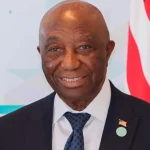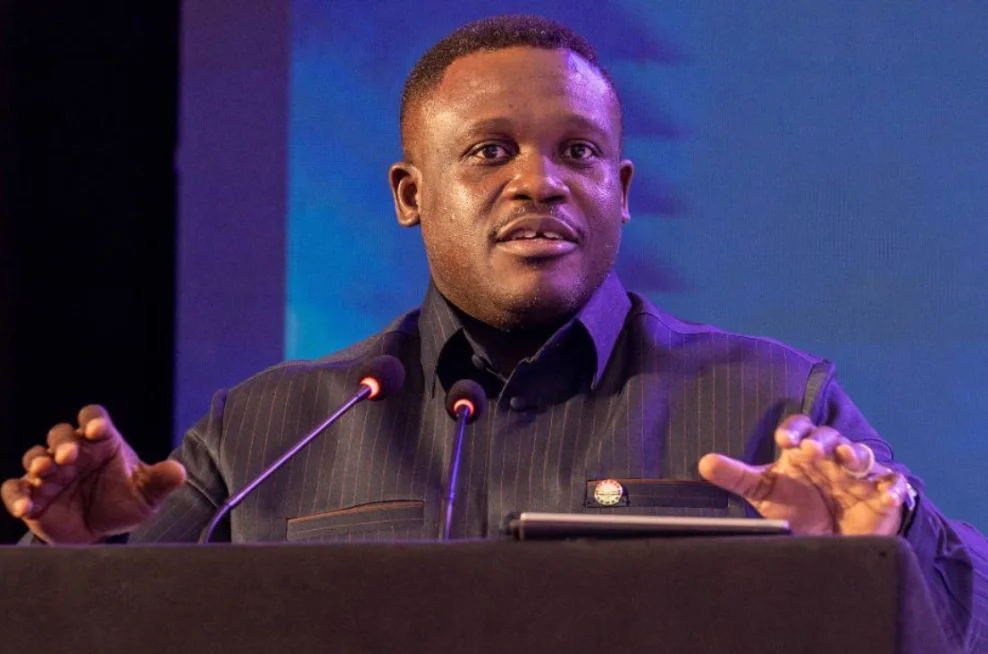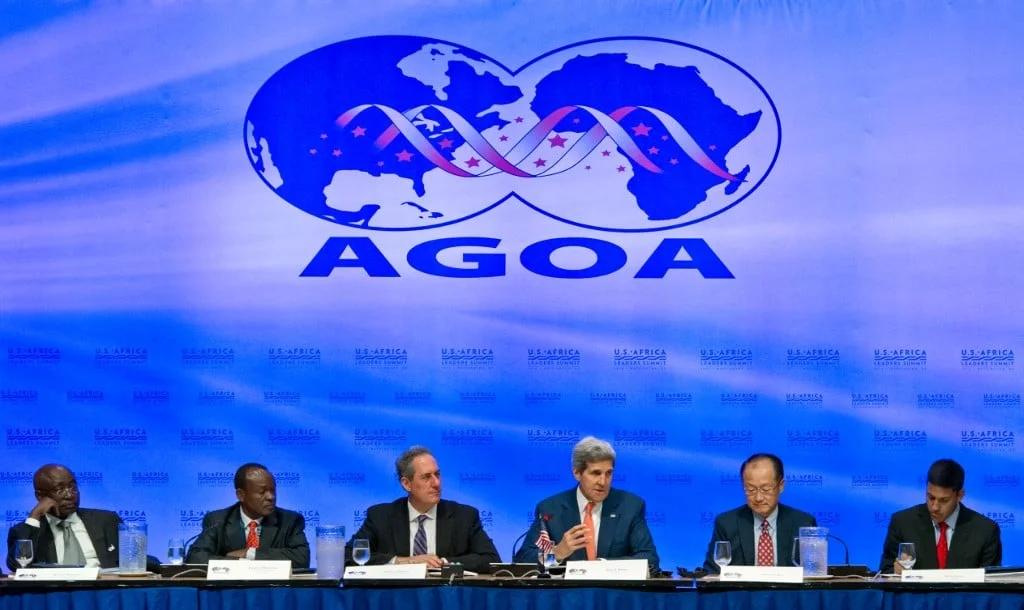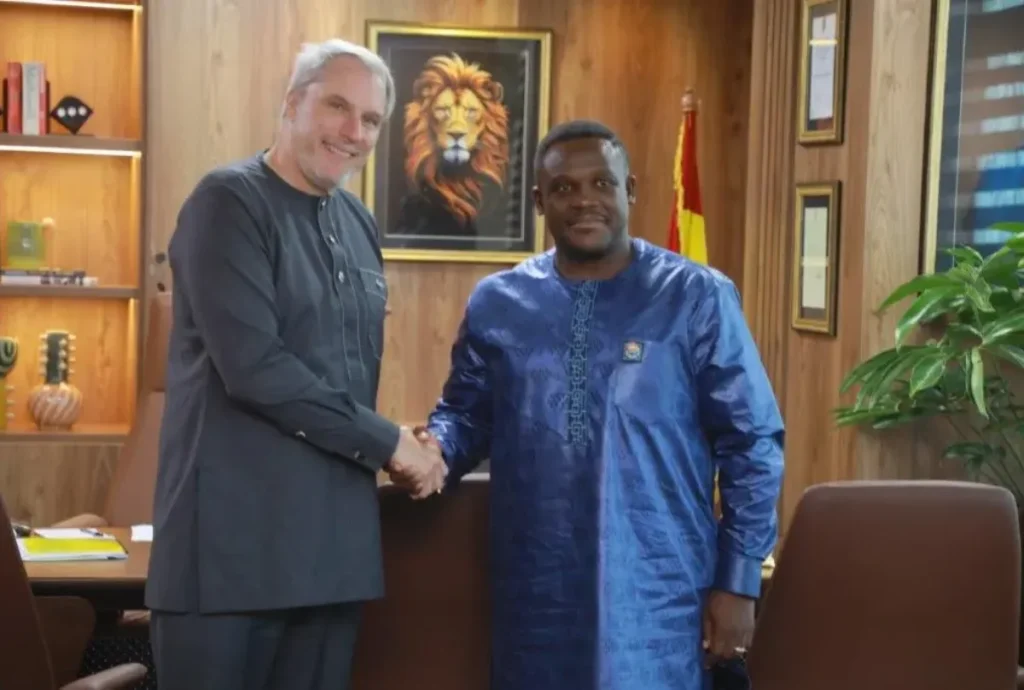The Minister for Communication, Digital Technology and Innovations, Hon. Samuel Nartey George (MP), has called on African nations to take full ownership of their digital transformation, asserting that the continent must no longer remain a spectator in the global technological race.
Speaking at the Mobex Africa Tech Expo and Innovation Conference 2025, held at the Kempinski Hotel in Accra, the Minister outlined Ghana’s ambitious digital economy strategy under the leadership of President John Dramani Mahama. The plan is anchored on four pillars, Innovation, Infrastructure, Inclusion, and Impact, designed to position Ghana as a continental leader in digital development
$1 Billion Innovation Hub and Nationwide Tech Training
As part of this vision, Hon. George announced the establishment of the $1 billion Ghana–UAE Innovation and Technology Hub in Dawa, which will serve as a regional innovation center to attract global partnerships, research investments, and startups.
He also highlighted the One Million Coders Initiative, which is currently training Ghanaians across all 261 districts in coding, artificial intelligence (AI), cybersecurity, and data analytics. The initiative aims to equip citizens with essential digital skills, preparing them for emerging industries and strengthening Ghana’s role in the global digital economy.
Expanding Connectivity and Digital Infrastructure
To ensure nationwide access to digital services, the Minister revealed plans to extend broadband coverage across Ghana by 2027, enabling affordable internet connectivity in both urban and rural areas.
In a significant policy move, the government has also submitted a proposal to Cabinet to integrate digital access infrastructure into all new road construction projects, making connectivity a central part of national development planning.
Creating 200,000 Digital Jobs by 2028
Ghana’s digital transformation agenda aims to create 200,000 technology-driven jobs by 2028, with an estimated $2 billion in annual digital exports. Hon. George stressed that achieving this growth will require digital sovereignty, encouraging African nations to build homegrown systems and frameworks.
He cited the Pan-African Payment and Settlement System (PAPS) as a prime example of how regional collaboration can support seamless intra-African trade and payment integration, reducing dependence on external platforms.
Legislative and Regulatory Innovation
To accelerate innovation, the Minister announced that the Ministry will introduce 15 new ICT-related bills to Parliament within the year. These bills will establish regulatory sandboxes to help startups safely test emerging technologies such as blockchain, fintech solutions, and AI applications.
“Africa must move from being a consumer of technology to becoming a creator and global leader in innovation,”
said Hon. Samuel Nartey George.
“Our goal is to build a digital economy that reflects African creativity, sovereignty, and resilience.”
Legislative and Regulatory Innovation
To accelerate innovation, the Minister announced that the Ministry will introduce 15 new ICT-related bills to Parliament within the year. These bills will establish regulatory sandboxes to help startups safely test emerging technologies such as blockchain, fintech solutions, and AI applications.
“Africa must move from being a consumer of technology to becoming a creator and global leader in innovation,”
said Hon. Samuel Nartey George.
“Our goal is to build a digital economy that reflects African creativity, sovereignty, and resilience.”











